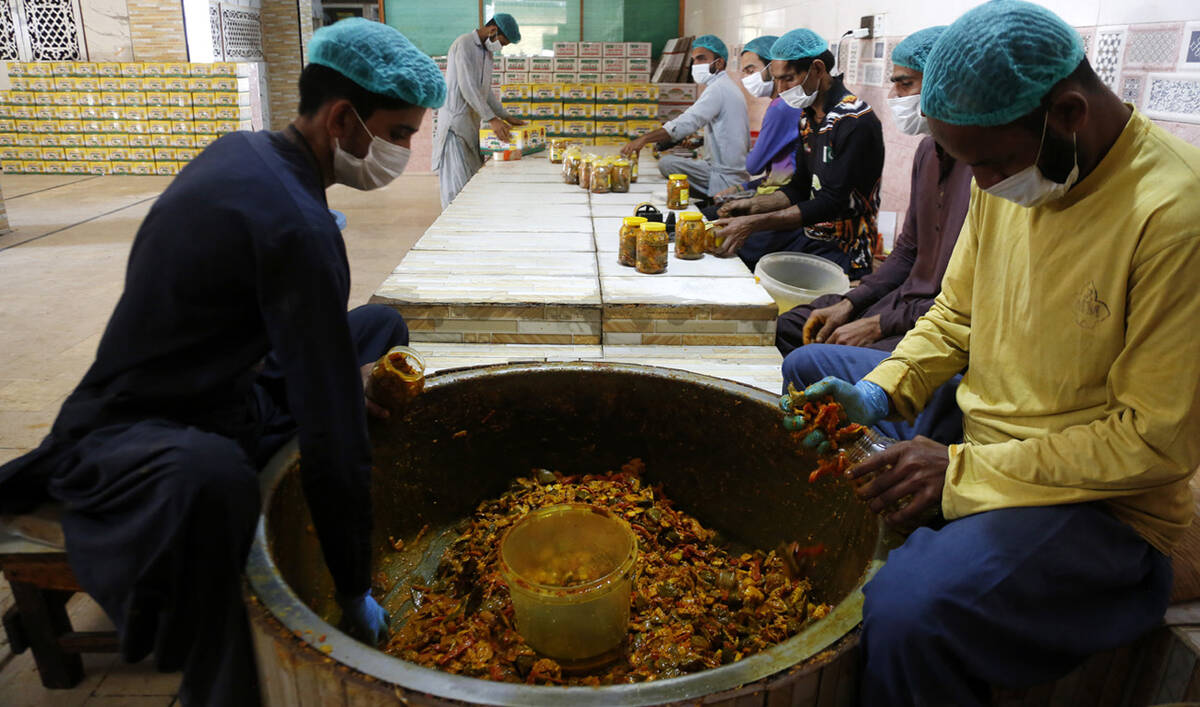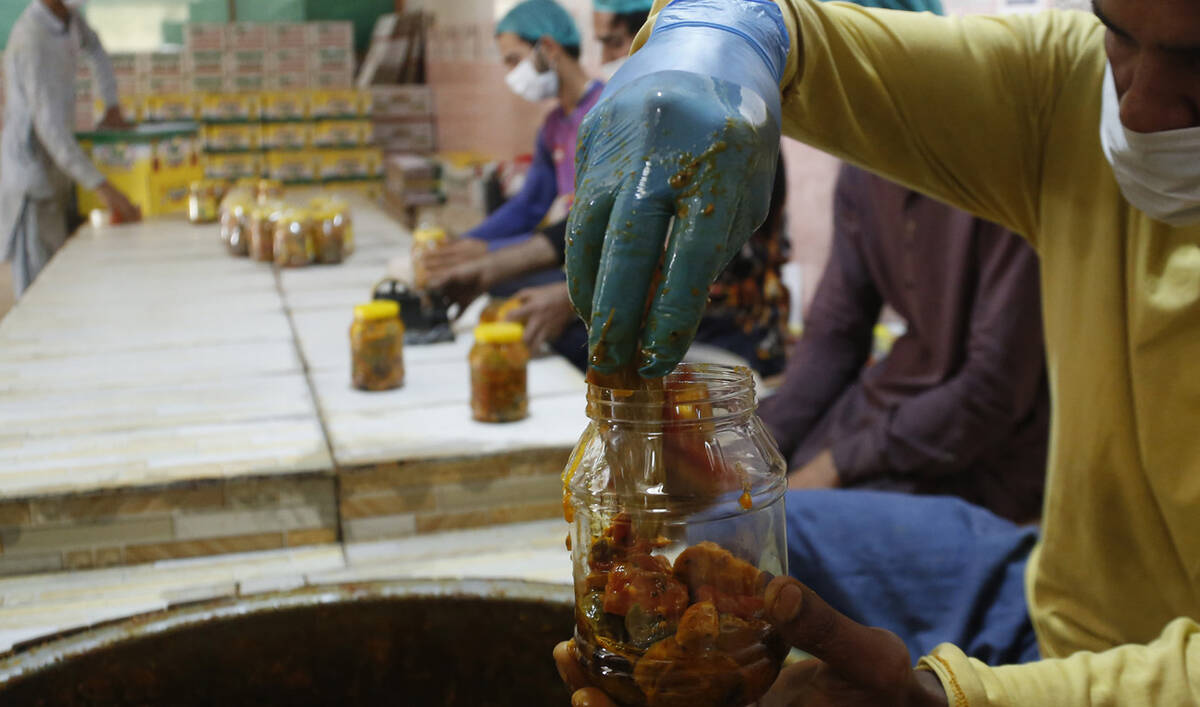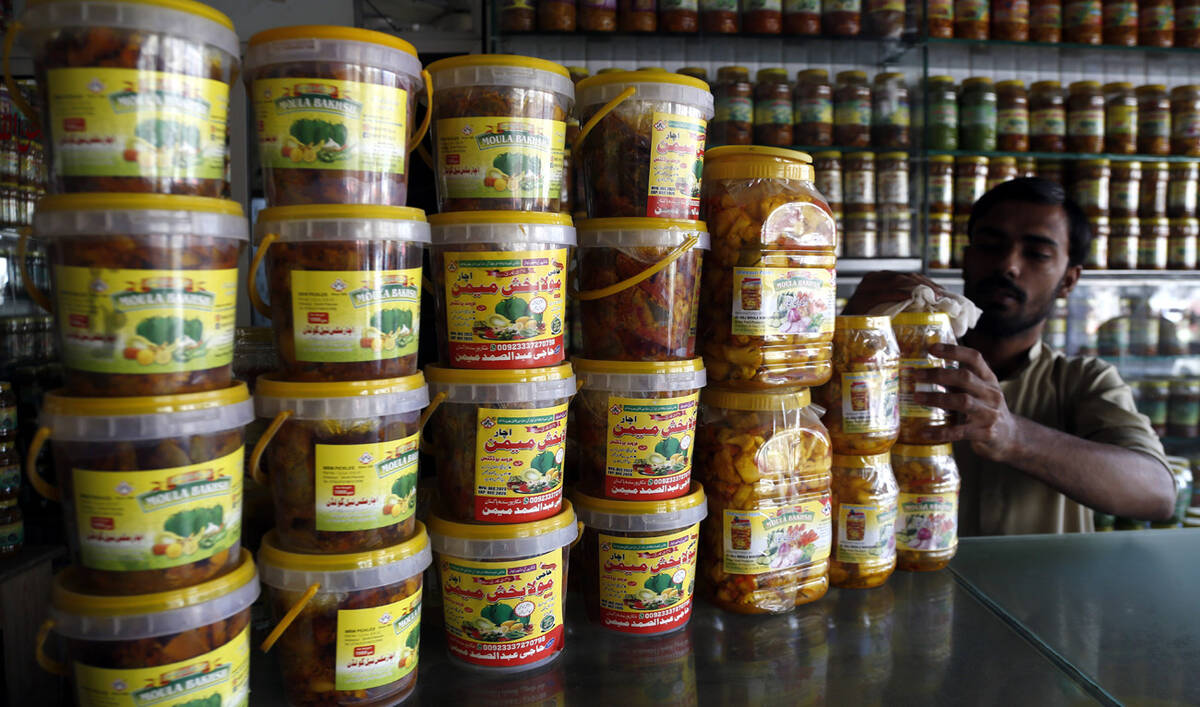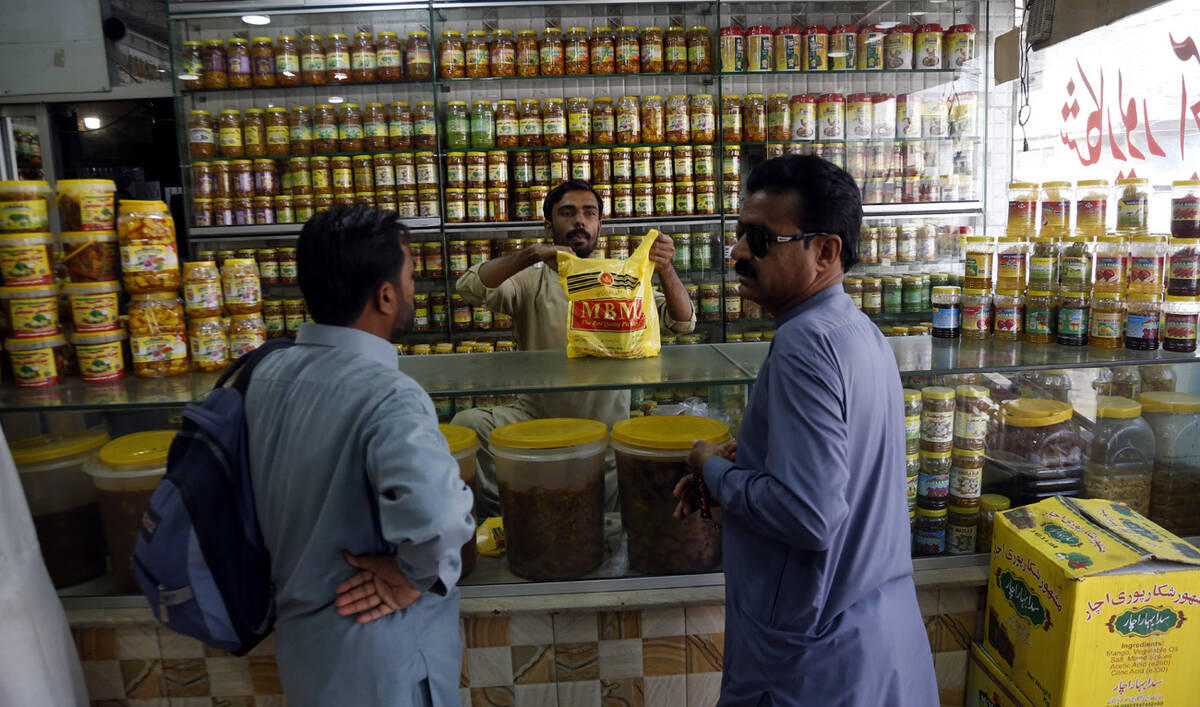QUETTA: Residents of Turbat, a remote Pakistani town in southwestern Balochistan, have been protesting for three days with the body of a young man, killed in a recent Counterterrorism Department (CTD) operation, accusing law enforcement agencies of extrajudicial killings of citizens.
According to a CTD statement issued on Nov. 24, Balach Baloch confessed he had carried out a number of militant attacks following his arrest with five kilograms of explosive material on Nov. 20.
The statement, a copy of which is in possession of Arab News, said the CTD authorities raided a spot on Pasni Road where there was heavy exchange of fire in which Baloch lost his life.
The family of the deceased, however, has denied the claim, saying he was not involved in unlawful activities but was a peaceful Pakistani citizen who was picked up by the CTD on Oct. 29 and produced before a local court for a 10-day physical remand on Nov. 21.
“Balach was 24 years old and ran a small shop in Turbat,” Saba Baloch, his cousin, told Arab News over the phone. “The CTD has leveled fake allegations against him.”
“We have been protesting for three days at the Fida Square in Turbat with Balach’s corpse,” she added. “Today, we camped outside the Turbat court and presented a list of six demands, including the registration of an FIR [First Information Report] against the CTD personnel involved in the fake encounter and their suspension from service.”
Baloch’s killing triggered outrage on social media where his sister’s mourning video went viral after the incident. Civil society activists and political parties have also joined the protest, seeking justice in the matter for him and three other Baloch men who also lost their lives in the same encounter.
The Human Rights Commission of Pakistan (HRCP) condemned the “extrajudicial killings” in response to the development, stating they could not be justified under any circumstances.
“The extrajudicial killings are continued to be reported from Balochistan, particularly in Kech [where Turbat is located] and its surrounding areas,” it said in a statement on X. “Extrajudicial executions are not justified in any circumstances whatsoever, given that the state has a legal obligation to protect the right to life and the right to due process.”
“The impunity accorded to perpetrators must cease and those responsible be held to account,” it added.
The local court in Turbat ordered the registration of FIR against the CTD team involved in the operation.
The deputy commissioner of Kech, Hussain Jan Baloch, said the authorities in the area were negotiating with the protesters, hoping that they would peacefully disperse tonight and bury the body.
“They have presented their charter of demands and one of their prime demands was to lodge an FIR against the CTD personnel which has been accepted by the court,” he told Arab News. “We are optimistic that we will be able to convince them to bury Balach’s body.”
Waseem Safar, a member of the Baloch Solidarity Committee in Turbat, however, pledged to continue the protest and not bury the corpse until justice was served.
Pakistan’s resource-rich Balochistan province has witnessed low-scale insurgency in recent decades by separatist groups that accuse Islamabad of exploiting the province’s natural resources.
The government denies the allegation, saying it is striving to improve the quality of life of people in the region by launching mega development projects.























